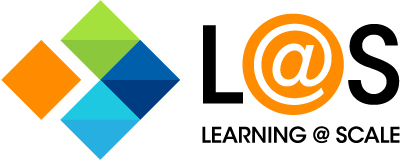AGENDA
Tuesday 2nd November (09.30 – 12.30)
09.30 – 10.10 Welcome & introduction: Eileen Scanlon: Celebrating openTEL
10.10 – 10.50 Trevor Collins & Shailey Minocha – The pedagogical design of a badged open course on the ‘Scholarship of Teaching and Learning in STEM’
10.50 – 11.00 BREAK
11.00 – 11.40 Koula Charitonos – “We have dealt with this covid situation randomly”: a peer ethnographic approach to researching approaches to English language teaching in refugee contexts
11.40 – 12.20 Kathy Chandler – students’ experiences of synchronous online tutorials in health and social care
12.20 – 12.30 Afterword & Close
Wednesday 3rd November (10.00 – 12.30)
10.00 – 10.10 Welcome
10.10 – 10.50 Mark Gaved, Saraswati Dawadi, Agnes Kukulska-Hulme – ReMaLIC: how English and ICT can reduce or reinforce marginalisation in education
10.50 – 11.30 Victoria Murphy – The Trouble With EdTech in Organisations
11.30 – 11.40 BREAK
11.40 – 12.20 Xinyu Huang – Interact with Holographic AIs
12.20 – 12.30 Afterword & Close
ABSTRACTS
Title:
The pedagogical design of a badged open course on the ‘Scholarship of Teaching and Learning in STEM’ Continue reading
